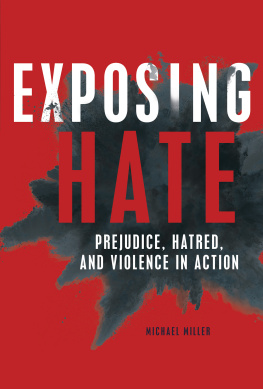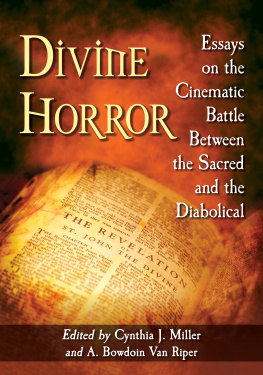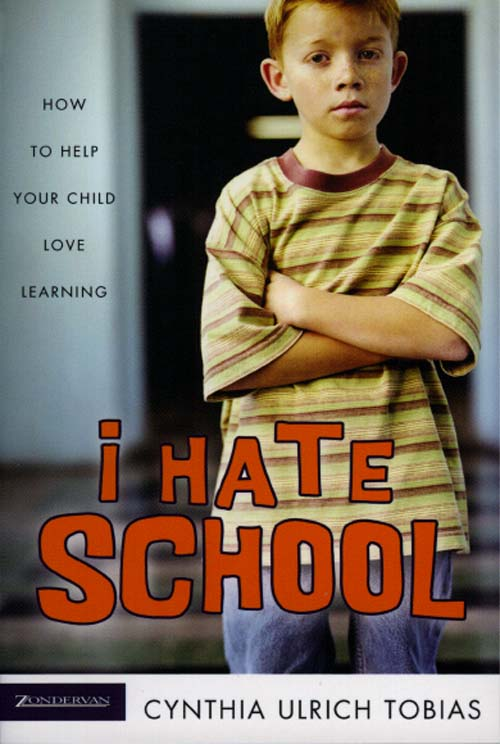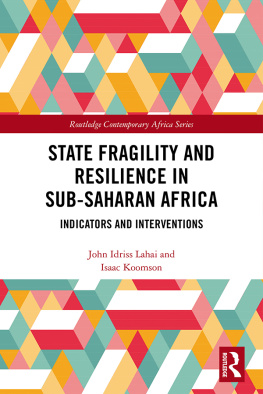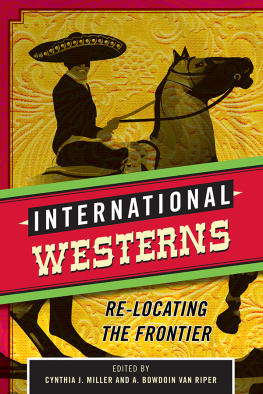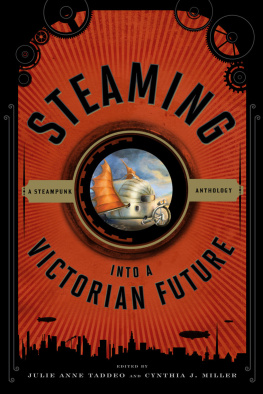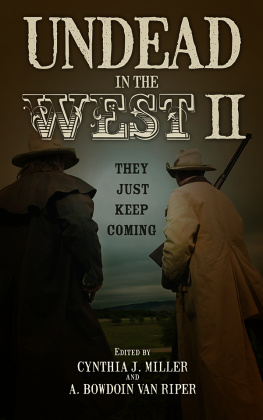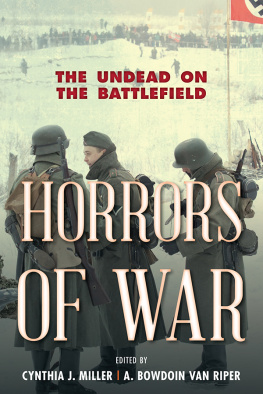Cynthia Miller-Idriss - Hate in the Homeland
Here you can read online Cynthia Miller-Idriss - Hate in the Homeland full text of the book (entire story) in english for free. Download pdf and epub, get meaning, cover and reviews about this ebook. year: 2020, publisher: Princeton University Press, genre: Politics. Description of the work, (preface) as well as reviews are available. Best literature library LitArk.com created for fans of good reading and offers a wide selection of genres:
Romance novel
Science fiction
Adventure
Detective
Science
History
Home and family
Prose
Art
Politics
Computer
Non-fiction
Religion
Business
Children
Humor
Choose a favorite category and find really read worthwhile books. Enjoy immersion in the world of imagination, feel the emotions of the characters or learn something new for yourself, make an fascinating discovery.

- Book:Hate in the Homeland
- Author:
- Publisher:Princeton University Press
- Genre:
- Year:2020
- Rating:5 / 5
- Favourites:Add to favourites
- Your mark:
- 100
- 1
- 2
- 3
- 4
- 5
Hate in the Homeland: summary, description and annotation
We offer to read an annotation, description, summary or preface (depends on what the author of the book "Hate in the Homeland" wrote himself). If you haven't found the necessary information about the book — write in the comments, we will try to find it.
Hate in the Homeland — read online for free the complete book (whole text) full work
Below is the text of the book, divided by pages. System saving the place of the last page read, allows you to conveniently read the book "Hate in the Homeland" online for free, without having to search again every time where you left off. Put a bookmark, and you can go to the page where you finished reading at any time.
Font size:
Interval:
Bookmark:
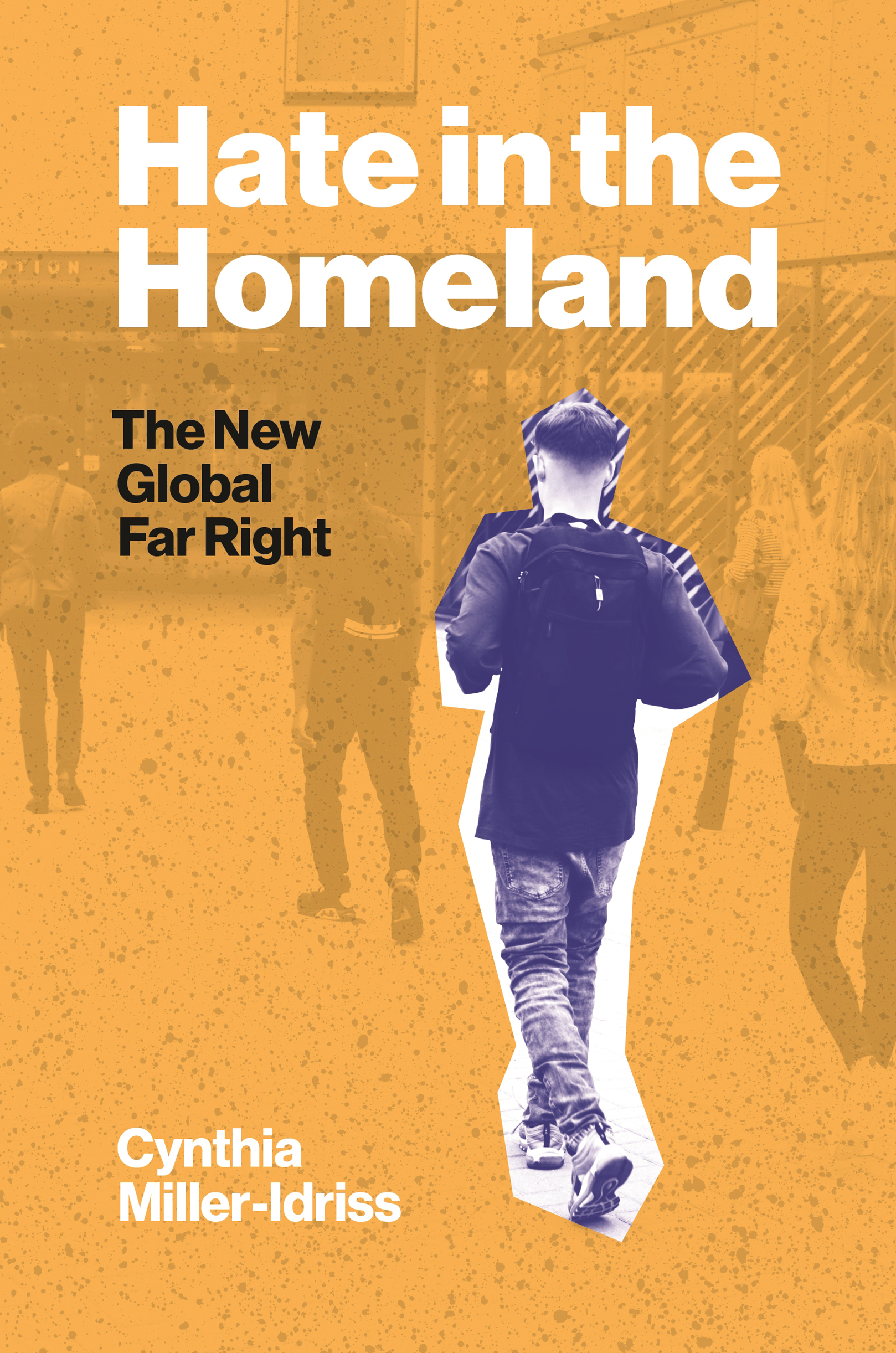
HateHomeland
homeland noun
homeland | \ hm-land also -lnd \
Definition ofhomeland
1. native land : FATHERLAND
2. a state or area set aside to be a state for a people of a particular national, cultural, or racial origin
Merriam-Webster.com
Hate in the Homeland
The New Global Far Right

Cynthia Miller-Idriss
Princeton University Press
Princeton and Oxford
Copyright 2020 by Princeton University Press
Requests for permission to reproduce material from this work should be sent to
Princeton University Press
41 William Street, Princeton, New Jersey 08540
6 Oxford Street, Woodstock, Oxfordshire OX20 1TR
press.princeton.edu
All Rights Reserved
ISBN 978-0-691-20383-6
ISBN (e-book) 978-0-691-20589-2
Version 1.0
British Library Cataloging-in-Publication Data is available
Jacket image: iStock
This book is dedicated to all victims of hate and their families, along with the broader communities who suffer with and support them
- xii
- xvii
- 1
- 4
- 15
- 17
- 19
- 22
- 27
- 29
- 30
- 32
- 39
- 41
- 44
- 45
- 48
- 48
- 50
- 53
- 55
- 56
- 62
- 63
- 65
- 67
- 69
- 70
- 78
- 82
- 83
- 85
- 87
- 89
- 91
- 93
- 101
- 105
- 107
- 109
- 111
- 112
- 114
- 117
- 120
- 123
- 125
- 128
- 132
- 136
- 138
- 139
- 145
- 147
- 151
- 155
- 158
- 159
- 161
- 163
- 166
- 170
- 173
- 179
- 221
- 237
Academic scholars are notoriously slow creatures. Most of us take years to plan, conduct, and analyze research, and then need years more to write up the data, go through academic peer-review processes, and finally publish the resultsoften in journals or other outlets that primarily target peers within our own academic fields and communities rather than those outside of academia. And because academic careers are rewarded for this kind of scholarship, it can be particularly challenging to develop and share expertise in ways that broader publics find both relevant and responsive. I am no exception to this dilemma. Each of my previous books took approximately a decade to research and write. Until quite recently, most of my writing and speaking has been directed toward other academics, rather than to broader publics.
This book is different. It is a book written to and for the publicfor educators, policy makers, parents, coaches, and anyone who interacts with people who are at risk for radicalization to hate. It came out of the learning that took place as I was rapidly thrust into a new, more public world while I was writing my previous book, The Extreme Gone Mainstream. Seemingly overnight, my previously niche, subcultural research in a foreign country, had mainstream relevance at home, in ways I never could have anticipated. I was suddenly privy to more generalist and policy-related conversations about the underlying problems and grievances fueling rising extremist violence, about the drivers and organizational tactics of terrorist and violent extremist groups, and about what might work to stem rising hate and extremism. Journalists, policy makers, friends, colleagues, and random people on trains asked me to explain the global dimensions of far-right extremism, how mainstreaming happens, and how far-right youth culture and the tactics and strategies of far-right groups and movements are evolving. These conversations took place in the media, in a variety of government agencies and offices, and in broader circles of interventionists, educators, funders, and policy makers. My learning curve was necessarily swift as I worked to distill what I had learned from twenty years of empirical work on the ground with youth in and around far-right scenesand school-based efforts to combat extremisminto broader discussions and frames.
The urgency around the current state of far-right and white-supremacist extremism globally changed the way I write. From the time that this book was first conceived, in a conversation with an editor in winter 2019, to its actual publication in fall 2020, only about eighteen months passed, including the entire production process. The pace of writing forced me out of my quiet office with its dual screens and ergonomic keyboard to whatever spaces and places I was in, whenever I could squeeze out time to write. I wrote this book on my laptop in doctors and dentists office waiting rooms, on trains and planes, and even in the passenger seat of a car on two ten-hour summer drives. I wrote in the early dawn hours, before I had even brushed my teeth. I wrote in the middle of the night, when I woke up and could not fall back asleep.
Taking advantage of all the possible moments to write was one reason I could pull this book together with relative speed. But the other major reason is that I already had been encouraged to write quite a lot about this topic before I realized it would become a book. I am immensely grateful to the many editors and hosts who nudged me toward exploration of the ideas I develop here. Since I finished my previous book, Ive given more than fifty invited talks, keynotes, plenary speeches, conference papers, and visiting lectures, across the United States and in ten other countries. Each of these talks was crucial for allowing me to explore the ideas that made their way into these pages. In invited discussions and briefings for policy makers, governmental agencies, embassy representatives, intelligence analysts, law enforcement, and other public authorities in the United States and abroad, I was not only forced to hone these arguments but also had the opportunity to learn from scholars, practitioners, and policy makers through shared presentations, discussions, and roundtables. Scores of extremism and terrorism experts and researchers, from think tanks, government agencies, nongovernmental organizations, research institutes and centers, and advocacy groups, contributed immensely to my learning in a wide variety of focused research conversations and discussions. My September 2019 written and oral congressional testimony before the US House of Representatives Committee on Foreign Affairs Subcommittee on the Middle East, North Africa, and International Terrorism and the Committee on Homeland Securitys Subcommittee on Intelligence and Counterterrorism helped further clarify and articulate my arguments about how we should understand white-supremacist and far-right extremism, how to assess the threat, and what should be done about it.
In over two dozen op-eds and short essays during the same period, I articulated early arguments that would later develop into the chapters of this book. These essays were key to my thinking processes and decision to write this book. Feedback from readers, listeners, viewers, and editors helped refine my thinking. I am equally indebted to the dozens of journalists, students, and colleagues whose insightful and sometimes challenging questions in media interviews, classrooms, and hallway conversations forced me to better articulate the logic of my arguments in a variety of places. The out-of-the-box thinking and innovative ideas constantly batted about by my colleagues in our newly launched Polarization and Extremism Research and Innovation Lab (PERIL) in American Universitys Center for University Excellence (CUE) were essential to the conceptual development of my arguments as well as my specific thinking about intervention and prevention.
Font size:
Interval:
Bookmark:
Similar books «Hate in the Homeland»
Look at similar books to Hate in the Homeland. We have selected literature similar in name and meaning in the hope of providing readers with more options to find new, interesting, not yet read works.
Discussion, reviews of the book Hate in the Homeland and just readers' own opinions. Leave your comments, write what you think about the work, its meaning or the main characters. Specify what exactly you liked and what you didn't like, and why you think so.

